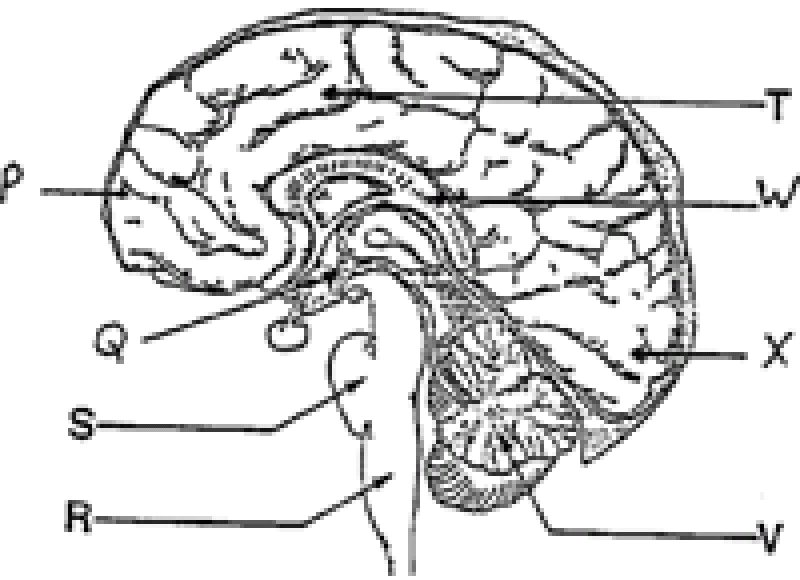|
|
|
Though “Krazy Glue” or “Super Glue” has the ability to seal small wounds, it is not recommended for this purpose since it contains many substances that should not enter the body through the skin, and may be harmful.
Cytomegalovirus affects nearly the same amount of newborns every year as Down syndrome.
Vaccines prevent between 2.5 and 4 million deaths every year.
About 80% of major fungal systemic infections are due to Candida albicans. Another form, Candida peritonitis, occurs most often in postoperative patients. A rare disease, Candida meningitis, may follow leukemia, kidney transplant, other immunosuppressed factors, or when suffering from Candida septicemia.
For pediatric patients, intravenous fluids are the most commonly cited products involved in medication errors that are reported to the USP.







